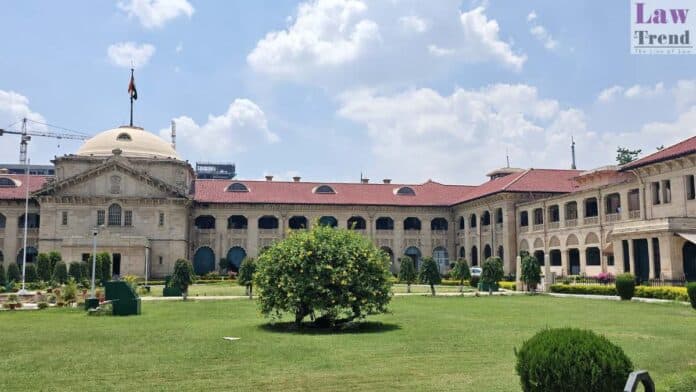The Allahabad High Court, in a landmark decision rendered by Justice Ajay Bhanot in Writ-A No. 15450 of 2024 and connected matters, has held that appointments of teachers on compassionate grounds, though rooted in humanitarian concerns, cannot bypass constitutional obligations and statutory requirements. The Court dismissed petitions seeking mandamus for appointment as Assistant Teachers under




